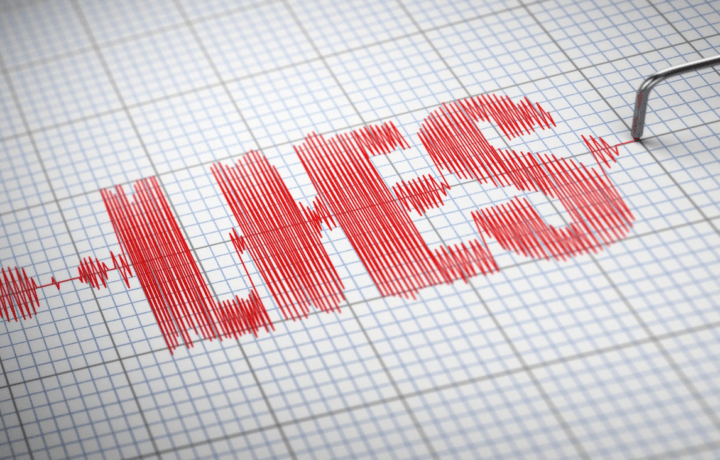If you’ve read any of my prior columns on polygraphs, you’ll know that I’m no fan of the machine falsely called a “lie detector.” That’s not because I want foreign spies or would-be terrorists infiltrating the national security community; it’s because there is no uniform physiological response to lying and a lot of good people lose their careers based on it.
My personal feelings aside, the U.S. intelligence and law enforcement communities continue to use the polygraph as the great arbiter of security-worthiness. Accordingly, anyone who may be taking a polygraph examination should understand that there are three ways they can “fail” it.
1. Adjudicatively-Significant Admissions
The first and most straightforward way an applicant can fail a polygraph examination is to make admissions either during the pre-test or the actual examination that are disqualifying. For example, an admission to having committed a serious, previously-undiscovered crime would likely be disqualifying, as would admissions about lying on the SF-86 or having a deep, dark secret that is ripe for blackmail.
Also of adjudicative significance are any admissions of researching how to “beat” the polygraph. Suffice it to say, the worst thing you can do is to read-up in advance on how the polygraph actually works or listen to any of the internet hucksters purporting to have a magic formula for success. For more on this, see the section on counter-measures below.
2. Polygraph Technical Calls
Security Executive Agent Directive 4, the government-wide policy governing security clearance adjudications, explicitly prohibits federal agencies from denying or revoking a security clearance based solely on polygraph technical calls without the presence of adjudicatively-significant information. In other words, if you don’t admit to anything problematic but the examiner thinks you’re lying based on their “reading” of the polygraph results, you cannot be denied a security clearance on that basis. You can, however, be denied suitability for a position that requires successful completion of a polygraph. That may seem like a meaningless distinction – after all, losing a job is losing a job – but it can make a big difference down the road when you don’t have to report that you’ve had a security clearance denied or revoked on future SF-86’s.
One item of note here is that there are two agencies – U.S. Customs and Border Protection and U.S. Immigration and Customs Enforcement – that exploit a loophole in SEAD-4’s ban on the use of polygraph technical calls to deny or revoke a clearance. Those agencies routinely deny applicants favorable suitability determinations for positions that don’t require successful completion of a polygraph solely on the basis of past polygraph technical calls rendered by a different agency.
For example, Applicant “X” takes a pre-employment polygraph at the FBI and does not pass on the basis of polygraph technical calls. S/he is denied suitability for that position. Years later, s/he applies for a position at CBP or ICE – perhaps a non-law enforcement position that does not require successful completion of a polygraph – only to be denied suitability solely on the basis of the old FBI polygraph.
Under the circumstances, this is effectively the equivalent of denying a security clearance, since there is no legal basis to deny suitability based on polygraph technical calls without assuming that the applicant was lying previously (an assumption that is implicitly prohibited by SEAD-4). I’ve complained to both agencies repeatedly that they’re using the suitability process to do what they can’t do in the security clearance process. Unfortunately, those efforts have produced only sporadic successes in individual cases as opposed to a uniform change in policy. Applicants who have previously been disqualified from any federal position due to polygraph technical calls should avoid these two agencies.
3. Counter-Measures
The final way an applicant can “fail” a polygraph is by using counter-measures in an attempt to defeat the test. Counter-measures can include tactics like controlled breathing or biting one’s tongue during the examination. If discovered by the examiner – either through observation or examinee admission – counter-measures are considered an integrity issue and a surefire way to have a security clearance denied or revoked. They can also be difficult to challenge on appeal, particularly where the applicant has admitted to the misconduct.
This article is intended as general information only and should not be construed as legal advice. Although the information is believed to be accurate as of the publication date, no guarantee or warranty is offered or implied. Laws and government policies are subject to change, and the information provided herein may not provide a complete or current analysis of the topic or other pertinent considerations. Consult an attorney regarding your specific situation.




